Hailey | She/Her
Climate Denial
Hawai’i, USA
Tropical and Subtropical Moist Broadleaf Forests
Session 7: March 14, 2023
I was raised by a climate denier in the largest oil-producing state in the US: Texas. My dad told me that climate change was just an exaggeration made up by politicians, and a completely normal phenomenon that we didn’t have to worry or care about.
Though I remember vividly caring for the environment growing up, and even trying to convince my fourth-grade class to take on recycling, my dad’s perspective, and my community—who didn’t bat an eye when I talked about my love for the environment and the natural world —locked me into believing that climate change, and caring about this earth, wasn’t a worthwhile effort. So you can imagine my surprise when my high school world geography teacher, Mrs. Stewart, taught a lesson on climate change and environmental pollution in our very first month at school.
For this lesson, I had to argue in a debate that acid rain was not a significant enough environmental harm to warrant a change in the status quo of business. Out of my deep love for the earth, I begged my teacher to let me switch debate roles, from “business executive” to “environmentalist.” But she explained that, in order to change the status quo, I would need to understand the different perspectives around me, and the ways that other people love the earth in a different way. Shockingly, I won the debate, but I remember being incredibly annoyed. I didn’t understand how anyone debating away our future, our planet, and our home could ever win such an argument.
With every passing day, debating climate change with my dad became a ritual in our home and over meals. Drawing upon what I had learned from Mrs. Stewart, I realized that in order to change my dad’s perspective, I would have to connect climate science and the ways that I love the earth to other issues that he cares about: homelessness and a strong economy (which is probably no surprise for someone coming from Texas).
One day, I asked my dad how he would feel if I was homeless in the heat of the South Texas summer—which, by this time, we both agreed had gotten a lot hotter in the last 20 years that he had lived there. We both shared the hope that I wouldn’t be in that situation, and we agreed that having a strong economy with workforce development opportunities was really important—or at least helpful—for preventing homelessness. As we ended the discussion, I asked him, “Well, if we agree that it’s getting hotter, and that a strong economy can help prevent homelessness, then do we not also agree that climate change’s potential impact on the economy is significant enough to warrant action? And that even if it’s not, would it be such a bad thing to try to make this world a better place for me, and my future, and all of us in this community together?”
At this point, we would normally laugh and joke because, yet again, I had brought climate change into another one of our discussions. We would begrudgingly agree to disagree and wait for the next debate. But on this day, my dad shocked me when he said, “Well, I guess that does make sense. Good thing you’re doing something about it.”
It was those words—that tiny little sentence—that made me realize, at that moment, that If I could change my father’s mind about climate change, then I could change so many more, one conversation and one action at a time. And so, empowered by this shift, instead of longing to be an activist, I decided: why don’t I become one? Don’t get me wrong—I was terrified. I wondered, what would my community think of me? What would my friends back home, who didn’t share the same love that I do for this earth, think of me? What would other activists think? Who was I to share this space with activists with stories of loss and damage of their culture and their childhoods, who don’t get to experience nature the same way they used to—stories that my experience can’t compare to. I am just a normal girl from Texas, who cares about the environment.
But as I entered climate activism, I realized that none of those things mattered. I joined political movements and protests for the very first time at 21 years old. Unfortunately, during the 2022 United Nations climate conference, my dad suddenly passed away. Instead of flying home right away, my biggest cheerleader—my mom—encouraged me to stay and achieve the goals I had set in honor of my dad. So, drawing on my experience debating my dad and in Mrs. Stewart’s class, I went into action. And although I was sad, I left the conference excited, because I had been able to work together with hundreds of different civil society members, youth, activists, and leaders to get a novel agreement from 198 countries: the first-ever inclusion of young people as stakeholders in designing and implementing climate policies.
My dad’s influence and my community could have prevented me from joining the climate movement, they ended up becoming my inspiration. Even though he’s no longer here, my dad continues to inspire me to keep pushing everyone around me to love the earth as much as I do, but in the way that they want to love the earth—and by doing so, gaining the ability to recognize what they love, understand their perspectives, and persevere without fear to empower everyone around me to care for the climate.
Hailey is a daughter, sister, life-long learner, international climate activist, leader of Care About Climate, and adaptation specialist. She leads with love for the planet, builds bridges between policymakers and youth in the climate movement, and empowers everyone to see themselves as part of the solution to the climate crisis.
